
10:00am to 04:00pm (Mon to Sat) - Amrita Hospital, Faridabad
06:00pm to 08:00pm (Mon to Sat) - Arthrocare Clinic, Noida
10:00am to 04:00pm (Mon to Sat) - Amrita Hospital, Faridabad
06:00pm to 08:00pm (Mon to Sat) - Arthrocare Clinic, Noida
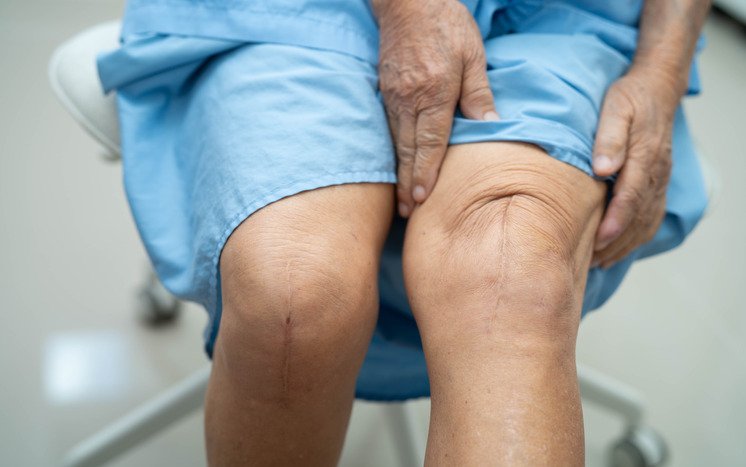 September 27, 2024
September 27, 2024
Total Knee Replacement (TKR) surgery has been a game-changer for individuals suffering from severe knee arthritis or joint damage. Traditional knee replacement surgeries have offered relief and improved mobility to countless patients. However, the advent of robotic-assisted Total Knee Replacement has significantly enhanced the precision, recovery time, and outcomes of the procedure.
Dr. Mrinal Sharma, one of India’s leading orthopedic surgeons, has been at the forefront of this medical advancement. His expertise in robotic-assisted knee surgeries has made him a trusted name for patients seeking the best care and optimal outcomes.
Knee replacement surgery has evolved from rudimentary procedures to highly sophisticated, minimally invasive operations. Traditional TKR involves the removal of damaged cartilage and bone, followed by the implantation of a prosthesis to restore knee function. While effective, the procedure requires a high degree of surgical skill and precision to ensure the alignment and fit of the prosthesis. Even slight deviations can lead to complications such as uneven wear, instability, and persistent pain.
Robotic-assisted TKR has emerged as a revolutionary solution to these challenges. By integrating advanced imaging and computer-assisted technology, surgeons can perform the procedure with unparalleled precision.
Robotic-assisted TKR utilizes a robotic arm and computer navigation to aid the surgeon during the procedure. Here’s how it works:
Robotic-assisted TKR offers several benefits over traditional techniques:
Dr. Mrinal Sharma has been a pioneer in introducing and perfecting robotic-assisted knee replacement surgeries in India. With extensive training and experience, he combines traditional surgical expertise with cutting-edge robotic technology to deliver exceptional patient outcomes. His approach is patient-centric, focusing on individualized treatment plans that meet each patient’s unique needs.
Dr. Sharma’s commitment to excellence is evident in his meticulous surgical techniques, use of the latest technology, and emphasis on patient education. He believes that understanding the procedure and setting realistic expectations are crucial for a positive surgical experience and successful recovery.
Many of Dr. Sharma’s patients have experienced life-changing results with robotic-assisted knee replacement surgery. Here are a few testimonials:
Robotic-assisted TKR represents a significant advancement in the field of orthopedic surgery. It offers numerous benefits, including improved precision, faster recovery, and better long-term outcomes. With surgeons like Dr. Mrinal Sharma leading the way, patients in India have access to world-class knee replacement solutions that can dramatically improve their quality of life.
If you or a loved one is considering knee replacement surgery, exploring the option of robotic-assisted TKR with an expert like Dr. Mrinal Sharma could be the first step towards a pain-free and active future.
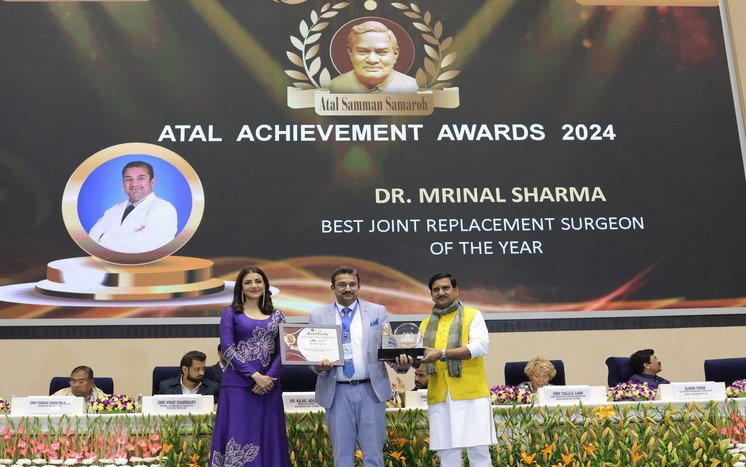
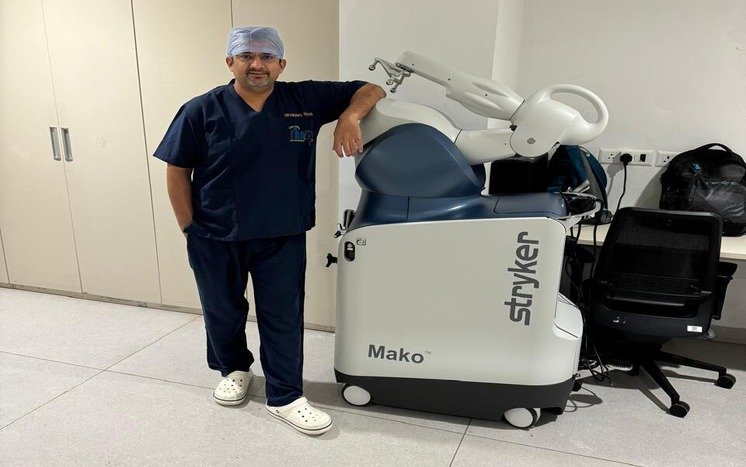

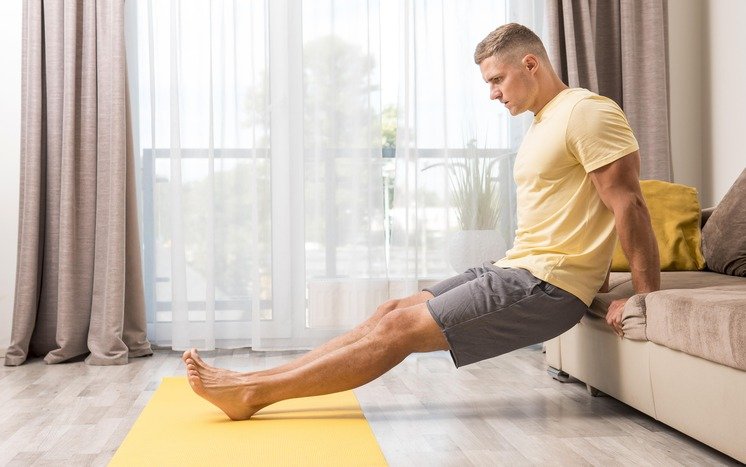
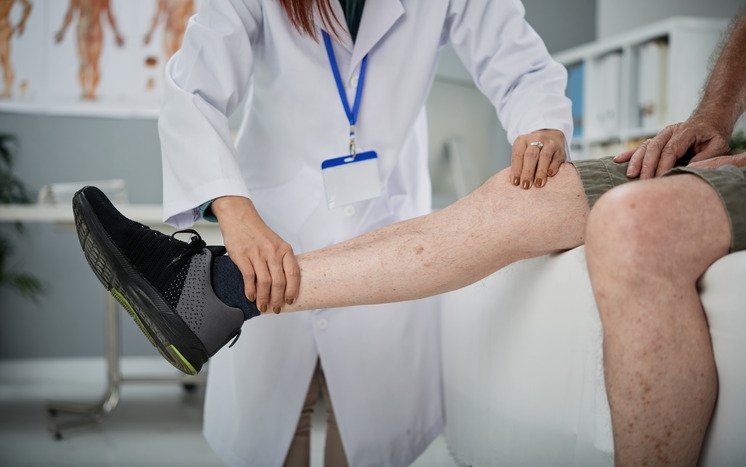
© 2024 Dr. Mrinal Sharma | All rights reserved. Designed and Developed by DigiTrend